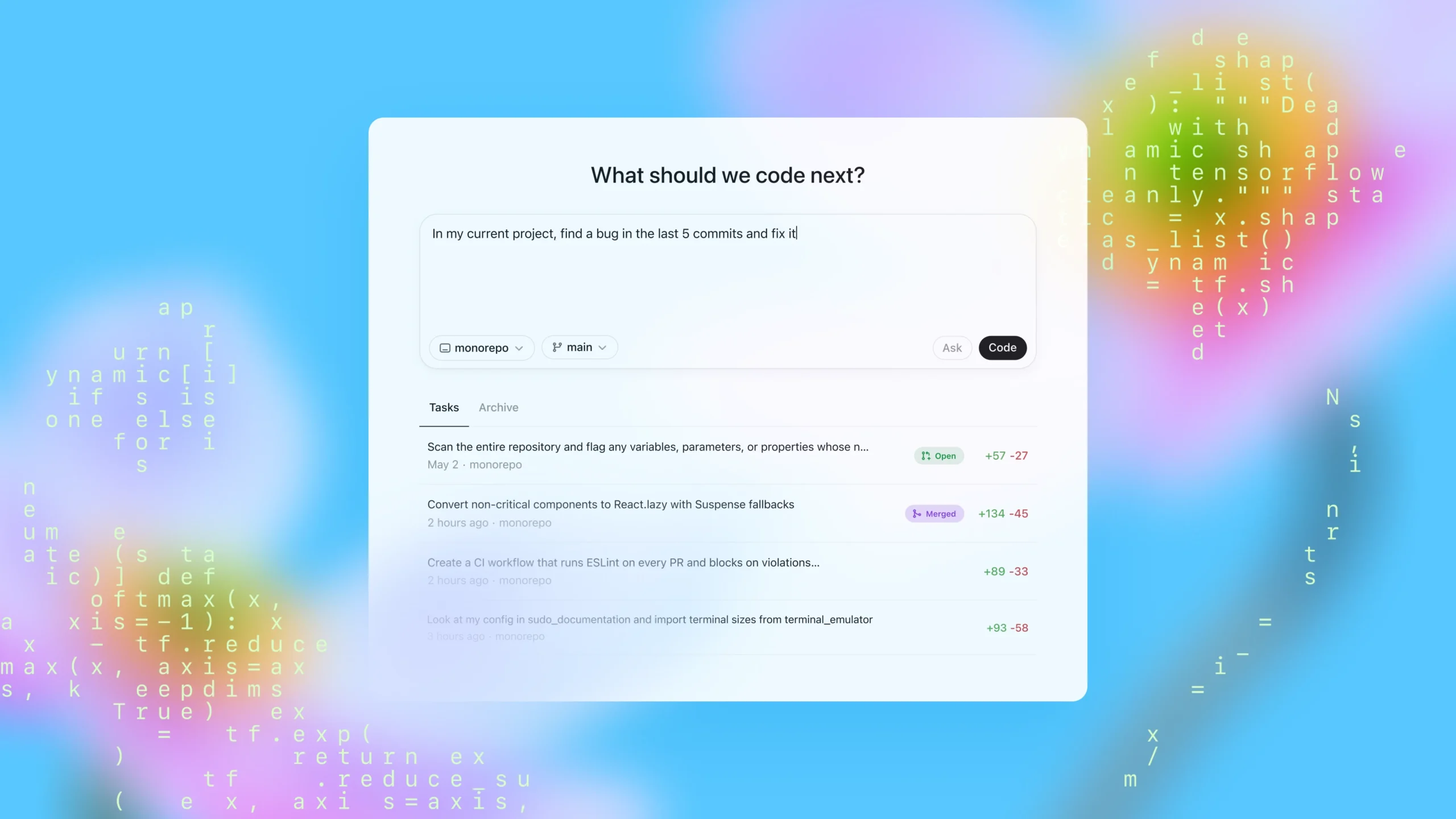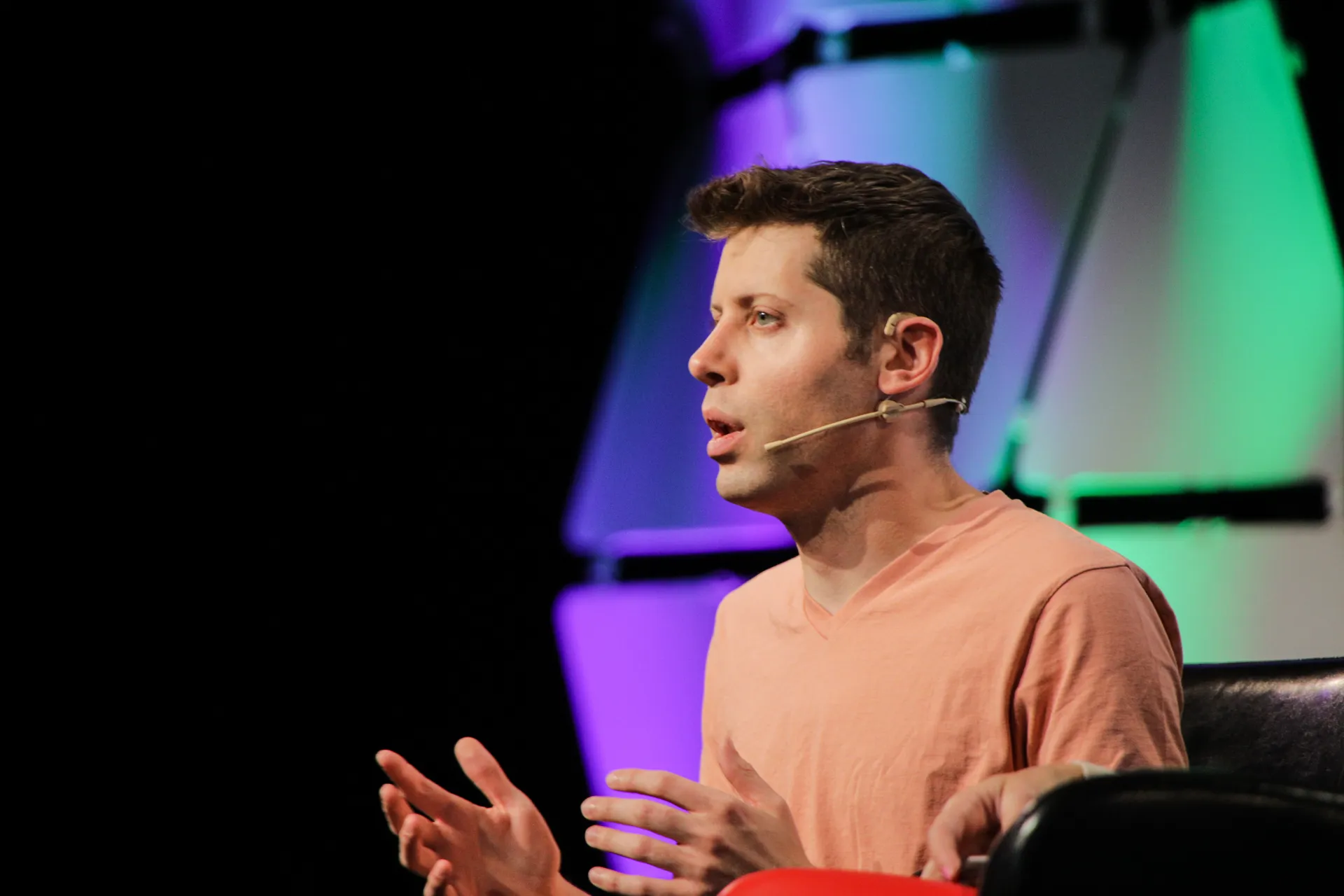In a groundbreaking step forward for AI-driven development, OpenAI has unveiled Codex, a cutting-edge AI coding agent aimed at transforming how software engineers approach coding tasks. Available now as a research preview to users of ChatGPT Pro, Team, and Enterprise, Codex promises a future where developers can manage entire workflows without touching a line of code.
Built to function like a senior software engineer, Codex automates coding tasks from bug fixes to feature implementation, handling everything autonomously in secure, sandboxed environments. This release not only signals OpenAI’s deepening commitment to redefining developer productivity but also sets a new benchmark for AI-assisted software development.
A Strategic Leap in Developer Autonomy
Unlike traditional coding assistants, Codex isn’t just a helper—it’s an autonomous software engineer. Designed to be used in parallel workflows, it encourages a managerial style of coding where developers delegate tasks to Codex much like assigning tickets to a team.
Each coding task is submitted through a dedicated text input interface—distinct from ChatGPT’s conversational flow. Codex then runs the task in a sandboxed environment preloaded with the user’s GitHub repository, performing actions like running linters and tests, fixing bugs, or adding features. Upon completion, it generates a code diff and can submit a pull request directly.
This setup supports concurrent execution of tasks, allowing developers to run multiple Codex instances simultaneously—streamlining development for large, complex codebases.
Powering Codex: The codex-1 Model
At its core, Codex leverages the codex-1 model, a fine-tuned variant of OpenAI’s o3 reasoning model. This model is specifically trained to understand the nuances of software engineering, from working with legacy codebases to writing clean and efficient code with minimal human intervention.
Codex benefits from exposure to both pristine and messy real-world codebases, giving it a seasoned “taste” akin to a senior developer. This translates into pull request summaries that are succinct, code that’s clean, and commits that make sense—even in chaotic repositories.
Designed for Senior Engineers, Built for Production
Codex is not a casual coding tool—it’s built for professionals. It favors well-defined, self-contained tasks that require minimal follow-up. The interface supports rapid task entry without transitioning to a different window, reinforcing the idea that engineers can manage several agents at once.
Unlike chat-based tools, Codex is not ideal for exploration or collaborative iteration. Instead, it’s suited for production use cases where clarity and execution matter more than ideation. For teams working on live products or maintaining large-scale infrastructure, this approach minimizes cognitive load and boosts throughput.
What Codex Does Well—and Where It Falls Short
Codex excels at:
- Running autonomous tasks in secure environments
- Producing high-quality, concise code
- Executing parallel workflows efficiently
- Integrating directly with GitHub to manage pull requests
However, it’s currently limited by:
- A lack of iterative flexibility—it struggles with follow-up instructions
- No in-browser interaction, meaning it can’t test web-based UIs
- Still-evolving integration with Slack, GitHub comments, and other collaborative tools
- Being isolated from ChatGPT, forcing users to switch tools
These limitations hint at Codex’s specialized design, geared more towards replacing repetitive development tasks than enabling creative brainstorming with code.
Codex vs. the Competition
Codex enters a competitive field populated by tools like Devin, GitHub Copilot, Google’s AlphaEvolve, and Anthropic’s Claude Sonnet. However, it sets itself apart by targeting the senior engineer segment, focusing on delegation rather than collaboration.
Its design philosophy—centered around task-driven automation—contrasts sharply with chat-first tools. And OpenAI’s rumored $3 billion acquisition of Windsurf, a collaborative coding AI startup, suggests Codex might become part of a broader ecosystem offering both autonomous and interactive development modes.
Codex handles the “delegate and forget” use case, while Windsurf might eventually take over the “pair programming” role.
Future Trajectory: Will Codex Lead a Paradigm Shift?
OpenAI’s vision for Codex appears to be a revolution in how software is written, where engineers become managers of autonomous agents. In this model, developers focus on system architecture and high-level problem solving while Codex tackles implementation.
However, the platform must evolve in several key areas to realize its full potential:
- Integrating with communication tools like Slack and GitHub comments
- Enabling more robust conversational follow-ups
- Supporting UI testing and browser access
- Merging seamlessly with ChatGPT for a unified development experience
If OpenAI manages to bridge these gaps, Codex could become an essential tool not just for senior developers, but for teams across the industry—transforming engineering workflows much like DevOps did a decade ago.
Final Thoughts: Codex as a Signpost to AI-First Programming
Codex stands as a milestone in AI-powered development, illustrating how advanced large language models can shoulder meaningful responsibility in complex, real-world environments. While still in its early stages, it’s a bold experiment in software automation—one that could dramatically change how we write, manage, and maintain code.
As AI agents like Codex mature, they could democratize software creation, allowing smaller teams and solo entrepreneurs to build at scale. For now, OpenAI has delivered a tool that professional developers will find powerful—and one that hints at the broader evolution of coding in the age of AI.
For more details, visit the official Codex page on OpenAI or explore the tool through ChatGPT Pro.





